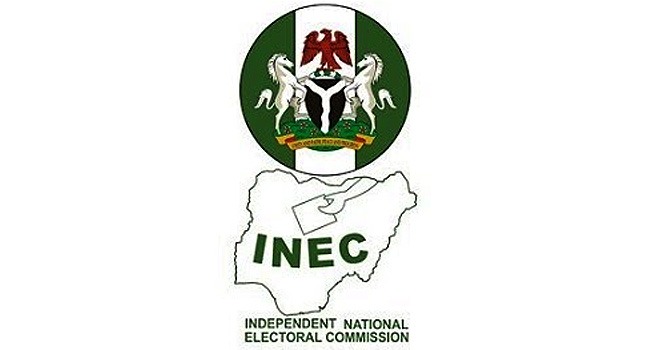The announcement last week by the Independent National Electoral Commission (INEC) that it has registered 22 new political parties in the country has dramatically turned around the political stakes in Nigeria. For the first time since the colonial times and during the First Republic, 1960-1966, the political space has been opened very significantly for political participation.
The announcement by INEC followed the titanic struggle waged by five, then unregistered, political associations to assert their rights to participate in the nation’s political space which was largely upheld by the Supreme Court of Nigeria. It was also within the context of the desire of the Nigerian people.
The military period in Nigeria has gone down in our recent history as one during which the succeeding military juntas had designed the nation’s landscape to reflect the anti-democratic authoritarian antecedents of the military regimes through the restriction of our democratic space, using the infamous regime of party registration.
The outcome of the practice in recent years is to have political parties that lacked the vibrancy of a genuine political system, that were run rather like parastatals of government, lacked internal organs of debate and were not organically linked with the Nigerian people.
As the restricted political culture of the military era has persisted, so has the absence of a political culture based on issues, political ideologies or organic values that can galvanise the people in the way that parties of the anti-colonial struggle and the First Republic became veritable tribunes of the people of our country.
We have consequently harvested. the manipulation of base emotional issues of religion and ethnicity; the perpetual horse trading by elite factions and the deepening of the monetisation of the political parties and the political system with the attendant consequences in the unending tales of corruption within the entire system.
The fact that strange bed fellows were obliged to operate together under the convenient umbrella of seeking registration of the parties without shared perspectives by the individuals that make up these parties has resulted in the unending scenario of conflicts such as we have seen in the PDP, APP and AD, that really are mere contraptions to win power in order to have access to the wealth of the country and related perquisites. No wonder the quality of governance has not met the expectations of the Nigerian people.
The opening of the political space will make for a vibrant political culture because quite a number of the new parties have very well articulated ideological perspectives that offer much more principled platforms for the mobilisation of the citizenry. Some of the parties might also in fact be wedded to the solution of local problems related to the peculiarities of the different areas of the country such as for example the environmental issues arising from oil production in the Niger Delta or even desertification in Northern Nigeria. This focus on local issues by political parties has reached the height of development in a place like India. They have helped to deepen the content of democracy in the largest democracy in the world and can hopefully be copied in Nigeria. That is the way it should be.
Above all else, the registration of the 22 new parties has broken the authoritarian streak which gives appointed bureaucrats working at the behest of undemocratic regimes co spoon-feed the Nigerian people, a restricted diet of a few registered political parties when our consciousness as a people demand an open and unrestricted space for political participation.
We welcome the 22 new political parties and hope that their arrival will serve as a harbinger of a new dawn of principled political party organising and political struggle in Nigeria.


